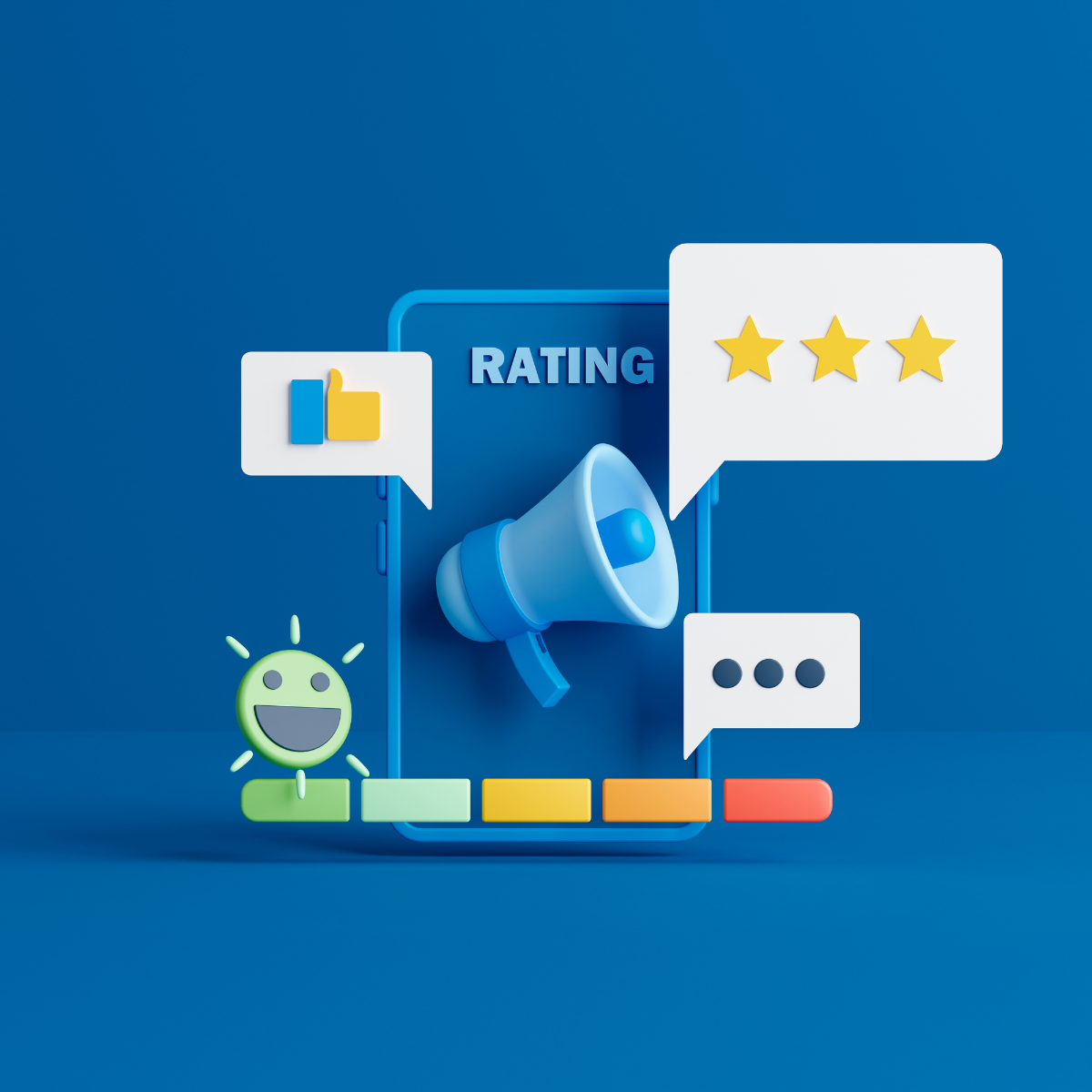Why Change Resistance Is Evolving
Change has always met resistance—but this year, the game has changed. The stakes are higher, the workforce is more vocal, and the pace of disruption has never been faster. For SMEs, understanding the new dimensions of resistance to change is essential to future-proofing operations.
A 2023 McKinsey study found that 70% of change programs fail, largely due to employee resistance and lack of management support.¹ Tackling this challenge isn’t just about communication—it’s about personalisation, empathy, and building cultural readiness.
Why Resistance to Change Is Different in 2025
Digital transformation, remote/hybrid work, and generational shifts have altered employee expectations. Resistance now stems not only from fear of the unknown—but from misalignment with personal values, overwhelm from constant change, and distrust in leadership.
According to Deloitte’s 2024 Human Capital Trends, employees now prioritise psychological safety, clarity of purpose, and co-creation in transformation initiatives.
Practical Strategies to Minimise Resistance
1. Lead with Personalisation
Generic messages no longer work. Tailor your change narratives based on employee personas—different roles, departments, and motivations require different stories. This boosts relevance and trust.
2. Involve People Early
Engage employees at the idea stage, not just during rollout. A joint study by EY and TMP (2023) revealed organisations that co-designed transformation saw 1.8x higher adoption rates.³
3. Focus on Micro-Changes
Break big changes into smaller, testable pilots. This reduces cognitive overload and allows for early feedback loops.
4. Upskill Through Transition
Change shouldn’t feel like a threat to people’s relevance. Partner with your L&D team to personalise development pathways that align with the transformation.
5. Reinforce Culture, Not Just Process
Culture is the biggest lever in organisational change. Link change initiatives to company values and rituals—this builds emotional commitment.
Future Trends in Change Management
- AI-driven sentiment analysis will help leaders identify early resistance cues
- Personalised learning and support platforms will become standard
- Real-time feedback culture will replace annual change reviews
The takeaway? Personalisation isn’t just for customers—it’s key to employee engagement during change.
Resistance is inevitable—but with the right mindset and approach, it becomes a powerful signal for improvement. If you’re leading a transformation in your organisation, explore how our Change Management can support you.













